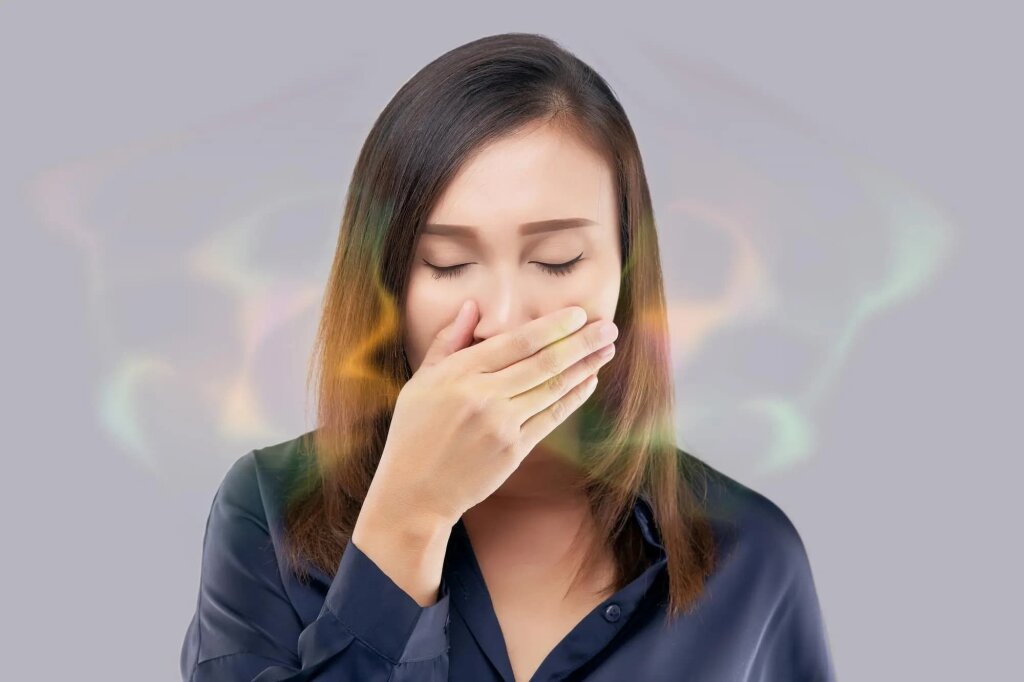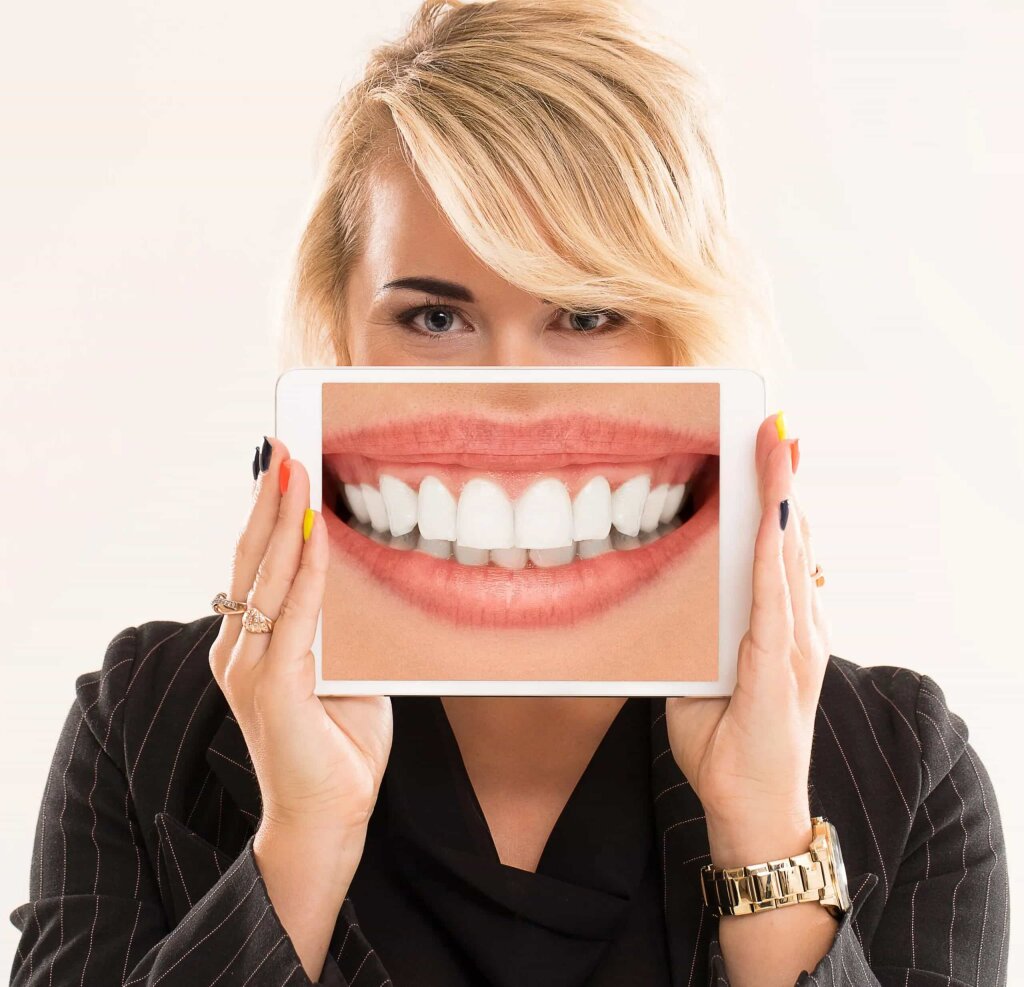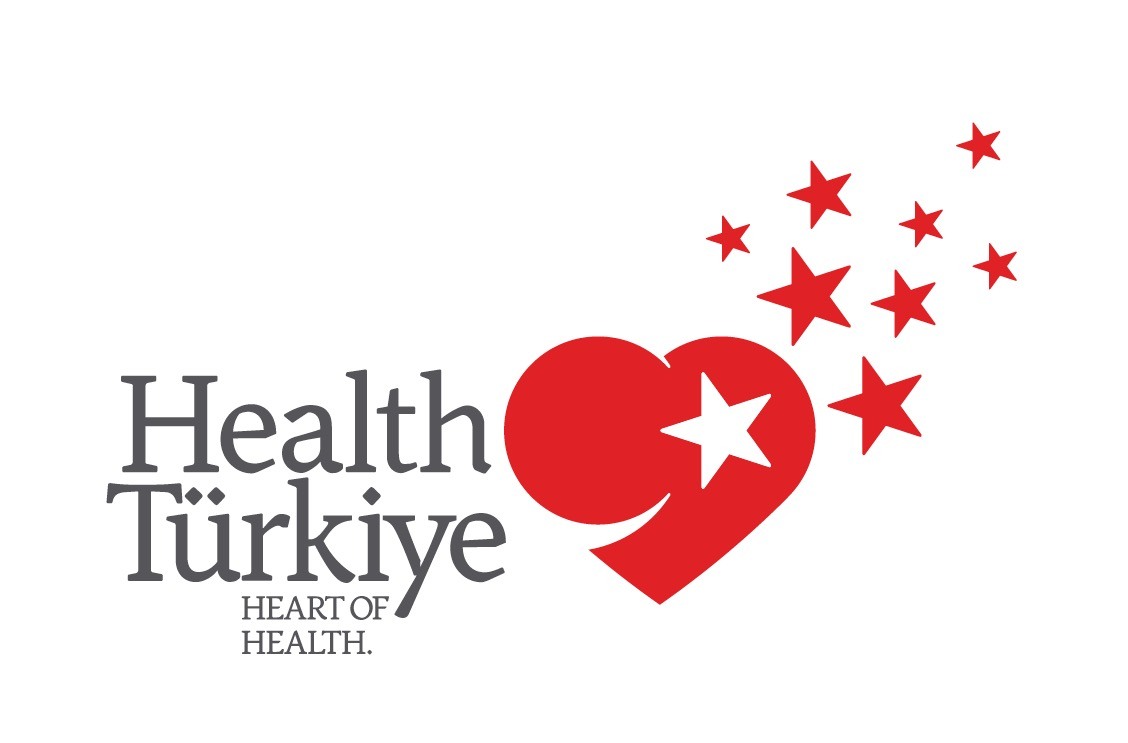Bad breath is a foul odor that originates from the mouth and surrounding tissues, which can negatively impact social interactions and personal confidence. So, what causes bad breath and how can it be prevented? Here’s what you need to know.
Causes of Bad Breath
Bad breath can stem from various health issues related to oral, dental, and digestive health. Here are the main causes of bad breath:
Oral Hygiene
Poor oral hygiene can lead to plaque buildup between teeth and on gums. Plaque promotes bacterial growth and foul odors. Regular brushing, flossing, and tongue cleaning are crucial.
Dental Problems
Tooth decay, gum diseases, and gum infections can cause bad breath. These conditions result in bacterial and microbial growth on teeth and gums.
Dry Mouth
A reduction in saliva production can cause bad breath. Saliva helps clean and neutralize bacteria in the mouth. In cases of dry mouth, these effects are diminished, leading to bad breath.
Smoking and Alcohol
Smoking and alcohol consumption can cause bad breath. These substances contribute to foul odors and can lead to dry mouth.
Food and Beverages
Certain foods and beverages can cause bad breath. Particularly, foods like garlic and onions are known to contribute to bad breath.
Digestive Problems
Digestive issues such as reflux and stomach ulcers can also cause bad breath. These conditions stem from problems in the digestive system and may present with other symptoms.
Systemic Diseases
Some systemic diseases can lead to bad breath, such as diabetes, kidney disease, and liver disease.
Treatment of Bad Breath
Treatment for bad breath depends on its underlying cause. Here are some methods to treat bad breath:
Dental and Gum Treatment
Treating tooth decay and gum diseases can help prevent bad breath. Regular dental visits and necessary treatments are important.
Maintaining Oral Hygiene
Regular brushing, flossing, and tongue cleaning can reduce bad breath. Developing good oral hygiene habits is effective in preventing bad breath.
Diet and Lifestyle Changes
Avoiding strong-smelling foods, reducing smoking and alcohol consumption, and maintaining healthy eating habits can prevent bad breath.
Doctor Check-ups
If digestive issues are present, they should be treated under a doctor’s supervision. Addressing digestive problems can help alleviate bad breath.
Ways to Prevent Bad Breath
There are several effective ways to prevent bad breath. Following regular oral and dental health routines plays a significant role:
Regular Brushing
Brush your teeth at least twice a day, preferably after meals. Choosing the right toothbrush and toothpaste is important for oral health.
Flossing
Use dental floss or interdental brushes to clean between teeth. This helps prevent bad breath by removing plaque and debris.
Tongue Cleaning
Bacteria that accumulate on the tongue can also cause bad breath. Use a toothbrush or tongue scraper for tongue cleaning.
Mouth Rinse
Use antimicrobial mouth rinses. These products help reduce bacteria in the mouth.
Regular Dental Check-ups
Regular visits to the dentist help monitor your dental and gum health and detect potential problems early.
Healthy Diet
Avoiding strong-smelling foods can help prevent bad breath. Steer clear of foods like garlic and onions.
Prevent Dry Mouth
Drinking plenty of water and chewing sugar-free gum can help prevent dry mouth.
Reducing Smoking and Alcohol Consumption
Cutting down or avoiding smoking and alcohol can effectively prevent bad breath.
Frequently Asked Questions About Bad Breath
What is bad breath? Bad breath is an unpleasant odor originating from the mouth, teeth, or digestive system.
What causes bad breath? Bad breath is often caused by poor oral hygiene, tooth decay, gum diseases, dry mouth, smoking, alcohol consumption, and eating habits.
How can bad breath be prevented? To prevent bad breath, maintain regular brushing, flossing, tongue cleaning, use mouth rinses, adopt healthy eating habits, and have regular dental check-ups.
How is bad breath treated? Treatment for bad breath depends on the underlying cause. Identifying the root cause and addressing it through dental treatments, improving oral hygiene, and tongue cleaning can help.
Does bad breath cause pain? Bad breath itself does not typically cause physical pain but can indicate underlying health issues like gum disease.
How can bad breath be cured? Bad breath can be managed by addressing its underlying cause. Consulting a dentist to identify and treat the root cause is important.
Is bad breath genetic? Bad breath is not genetic. It generally results from poor oral hygiene, dental, and gum health issues.
Does bad breath come from the intestines? Bad breath is usually caused by bacteria in the mouth, but digestive issues can also contribute.
Can antibiotics cause bad breath? Antibiotics can lead to bad breath by disrupting the balance of bacteria in the mouth.
Does bad breath increase during pregnancy? Yes, hormonal changes during pregnancy can increase bad breath, though this is usually temporary and resolves after childbirth.






